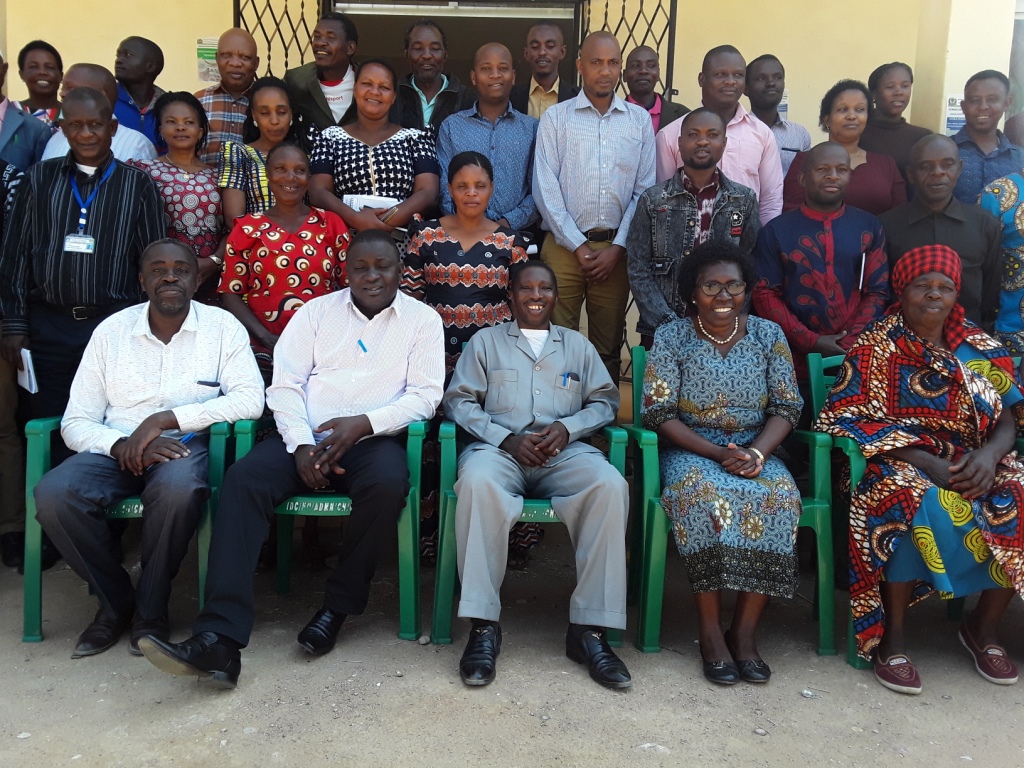

Contribution of sunflower commercialization towards improving Singida farmers’ livelihoods
The Agricultural Policy Research in Africa (APRA) consortium is a five-year research programme that works to analyze the pathways to agricultural commercialization in sub-Saharan Africa. Sunflower commercialization is among the study initiated in Tanzania with the aim of identifying effective pathways to sunflower commercialization in empowering women, reducing rural poverty and improving food and nutrition security.
Sunflower commercialization stakeholders’ feedback workshop was held at Kiomboi Singida on 17th – 20th September 2019. The workshop was attended by various stakeholders from the Ministry of Agriculture, Local Government Authorities, Sooine University of Agriculture (SUA) and farmers. The results were presented based on the research conducted in Iramba and Mkalama District, located in Singida region. The districts have a high level of sunflower production compared to the rest.The research findings show that agriculture and livestock farming, mining and fishing are the major economic activities in Singida region. Out for the crops grown sunflower is the second most grown crop in the region after Maize. Sunflower farmers obtain cooking oil, stalks and construction, concrete and income. Income assist farmer in building a better home, buying livestock and other needs in the household.

Source: APRA (2018)
For the past ten years (2008 to 2018) per cent of the household which grows sunflower has increased by nearly 20%. This situation has attracted investors to build large scale industries to recycle sunflower and thus expand the market. Industrial growth has encouraged farmers to increase the production of sunflower and expand farmland (5 to 25 acres) / household. Small farmers 2-5 acres; medium 6-10 acres and large 11 -50 acres.
However, per cent of the household which commercializes sunflower and per cent of the crop that is sold has decreased by 9.7% and 16.1% respectively. Compare to the past ten years’ area that allocated for sunflower has decreased by 0.1 acres. Sunflower remains the dominant commercial crop that is grown by most household in Singida region.

Source: APRA (2018)
Furthermore, the study indicates that increase in agriculture sunflower business leads to the growth of electricity (rural electricity), extended fields, demand for sunflower oil (health), an increase in traders, marketing assurance, improved means of communication and transportation. However, lack of land (population increase), land decreases fertility, poor post-harvest techniques reduce quality, great price for good quality seeds, shortage of inputs at village level and low price or poor market are among of the major challenges farmer encounter.





